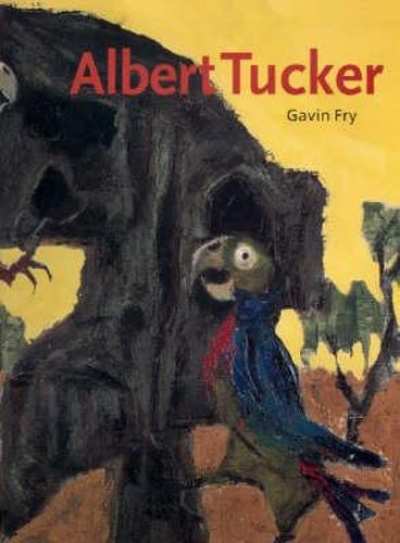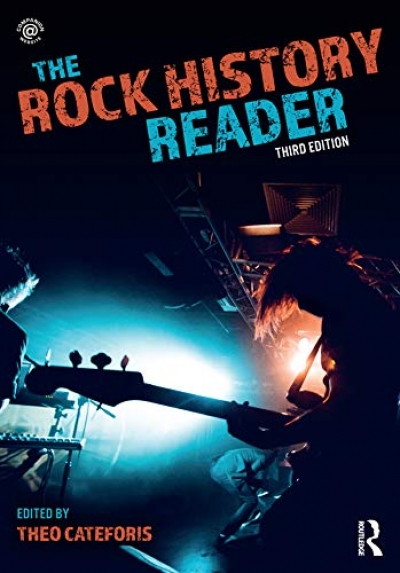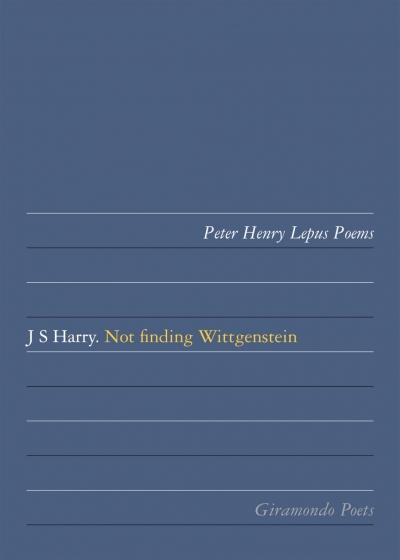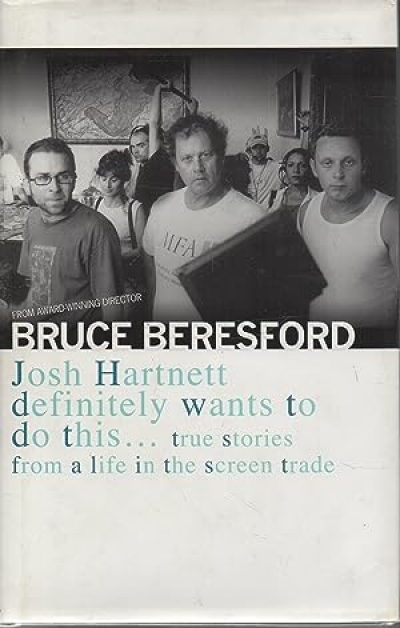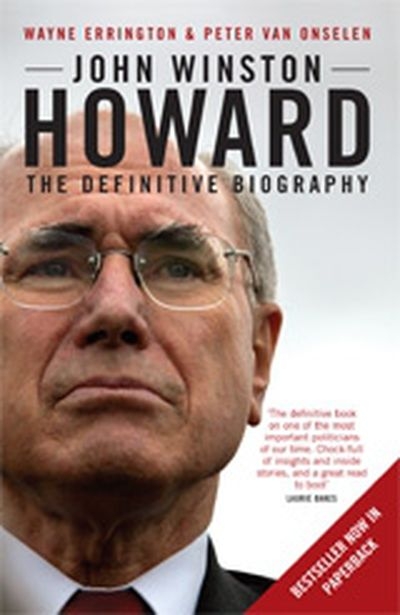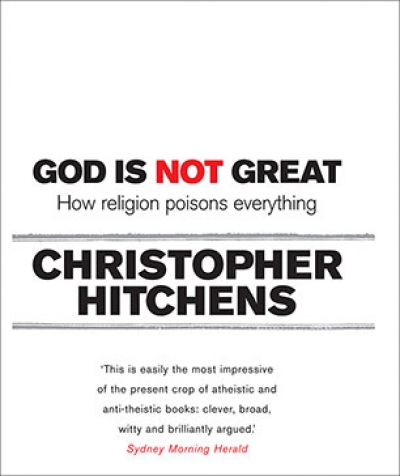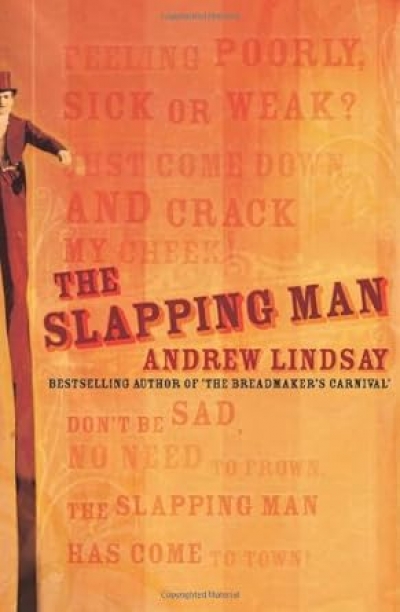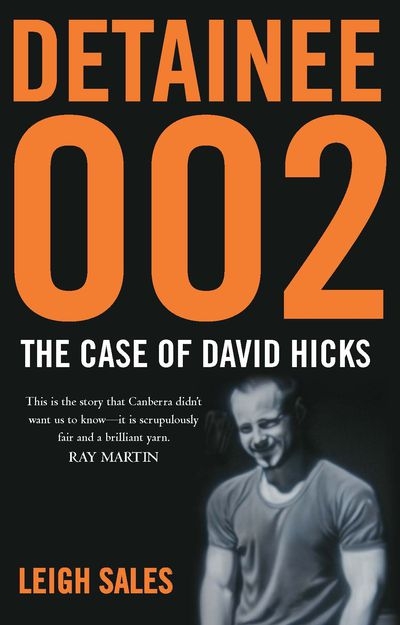Archive
The Silent Deep: The discovery, ecology and conservation of the deep sea by Tony Koslow
by Paul Humphries •
Josh Hartnett Definitely Wants to Do This: True stories from a life in the screen trade by Bruce Beresford
by Peter Craven •
John Winston Howard: The biography by Wayne Errington and Peter van Onselen
by Norman Abjorensen •
God is Not Great: How religion poisons everything by Christopher Hitchens
by Tamas Pataki •

